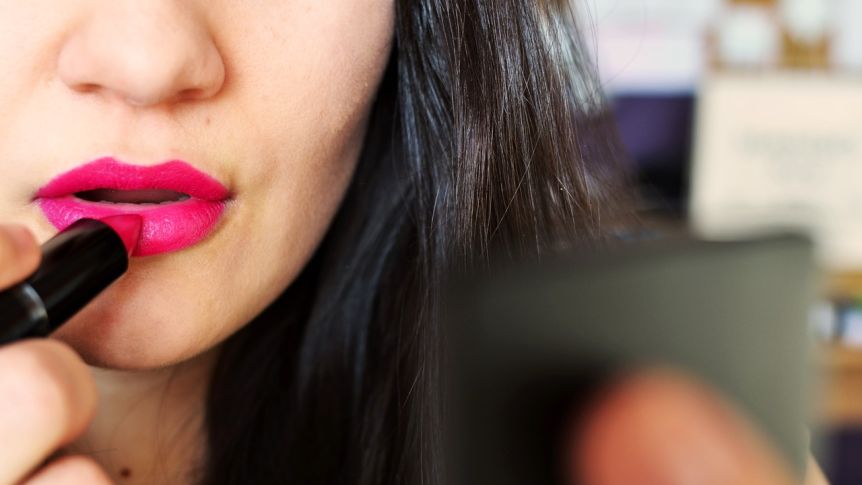How cosmetics and the coronavirus pandemic are influencing wool grease prices
The ‘lipstick effect’ — an economic theory that people buy luxuries in hard times to make them feel better — may be driving up interest for wool grease, a key ingredient in cosmetics. Exporter Michell Wool runs a wool processing plant in South Australia and CEO Steven Read said he had seen more interest from overseas in wool grease.
Mr Read said wool grease could be refined into lanolin, which was used to make cosmetics. “We’ve seen considerable inquiry coming out of Europe, China, and India for wool grease,” he said. “They’re reporting what they’re calling the lipstick effect.”
Mr Read said the boost came at a time when the wool industry had been hit by other economic impacts of the coronavirus, such as the reliance on China to manufacture wool products.
In nature, wool grease helps sheep get water off their wool but humans use it to make cosmetics like skin and nail care products. Michell Wool CEO Steven Read says interest in wool grease has gone up recently.(ABC News)
The practice dates back about 8,000 years when ancient Egyptians noticed lanolin could be melted in the sun and spread on the face to make the skin soft.
Mr Read said wool grease prices had risen from about $3.20 a kilogram before the coronavirus crisis to almost $4 at the moment.
Adore Beauty founder and director Kate Morris said her business had seen a boost during the crisis, but what consumers wanted had changed as the panic in Australia waxed and waned.
“We went through that toilet paper phase at the start, towards the end of March, when people will panic buy things like hand wash, hand sanitiser, and shampoo and conditioner,” she said.
“Then we saw everybody move into a bit of a self-care phase and we saw spikes in things like candles, which went up by 105 per cent, masks and exfoliators up by 60 per cent.
“It’s been quite a fascinating insight into the minds of the women of Australia.”
Wool production worldwide has been hit by the coronavirus.(ABC News)
RMIT University’s Marian Makkar has studied the lipstick effect, and said during a crisis people who were not struggling financially continued to buy but tended to buy cheaper luxury items.
Dr Makkar said her research showed people with wealth did not want to flaunt it during difficult times.
“What I’ve noticed is that in times of crisis, economic crisis … people tend to choose lower-level luxury goods,” she said.
“Just so that they keep in mind that other people have lost their jobs, or their friends or family have lost their jobs, or are going through some difficulties.”
Source: Rural News


